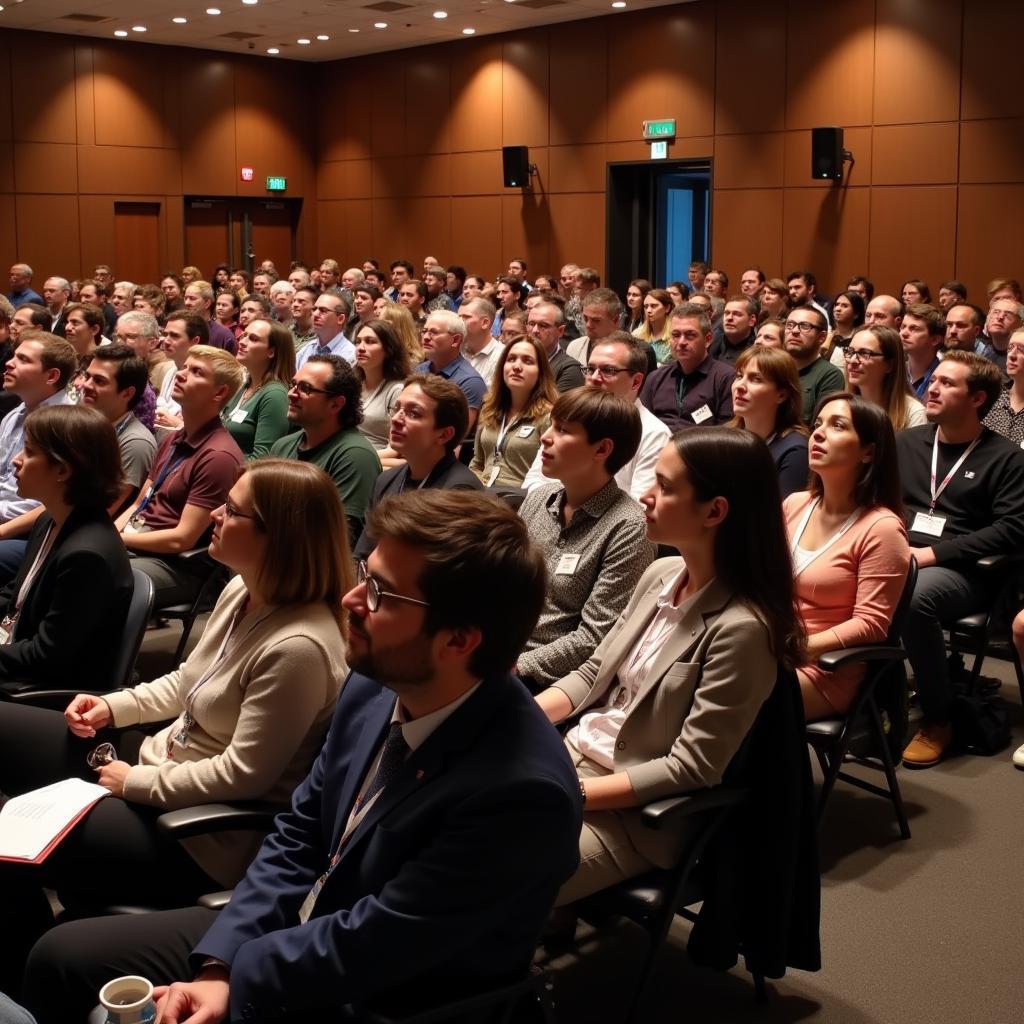The American Council Of Learned Societies (ACLS) plays a vital role in supporting and advancing humanistic scholarship. Founded in 1919, the ACLS has become a leading voice in promoting research, teaching, and public understanding within the humanities and interpretive social sciences. This article will delve into the history, mission, and impact of the ACLS, highlighting its contributions to academic excellence and its efforts to bridge the gap between academia and the wider public.
The History and Mission of the American Council of Learned Societies
The ACLS emerged from the need for a representative body for humanistic scholarship in the United States. Following World War I, a group of scholars recognized the importance of organizing and advocating for the humanities. Their vision led to the formation of the ACLS, which initially focused on promoting international scholarly exchange and collaboration. Over time, the ACLS expanded its mission to encompass a broader range of activities, including supporting research projects, fostering early career development, and advocating for the value of humanistic inquiry in public life. The core mission of the ACLS remains to advance humanistic studies and interpretive social sciences, recognizing their essential contributions to understanding the human condition and shaping a more just and equitable world.
The ACLS supports a diverse network of scholarly organizations, representing fields ranging from literature and history to philosophy and linguistics. This network enables the ACLS to engage with a wide spectrum of scholarly perspectives and to address critical issues facing the humanities. One of the primary goals of the ACLS is to ensure the vibrancy and sustainability of humanistic scholarship for future generations.
 ACLS Headquarters Building
ACLS Headquarters Building
How the ACLS Supports Scholars and Research
The ACLS offers a variety of fellowship and grant programs designed to support scholars at different stages of their careers. These programs provide crucial funding for research projects, enabling scholars to pursue in-depth investigations and contribute to the advancement of knowledge. The ACLS also offers mentoring and professional development opportunities, helping scholars to navigate the academic landscape and to develop their skills as researchers, teachers, and public intellectuals.
Beyond individual scholars, the ACLS supports collaborative research projects and initiatives that bring together scholars from different disciplines and institutions. These collaborative efforts foster intellectual exchange and innovation, leading to new insights and perspectives. The ACLS is committed to supporting research that addresses pressing social and cultural issues, recognizing the potential of humanistic scholarship to inform policy and promote positive change.
The American Council of Learned Societies and Public Engagement
The ACLS recognizes the importance of engaging with the public and demonstrating the relevance of humanistic scholarship to a wider audience. The ACLS actively works to bridge the gap between academia and the public sphere through various initiatives, including public lectures, exhibitions, and digital humanities projects. By making scholarly work accessible and engaging, the ACLS aims to foster greater understanding and appreciation for the humanities.
The Future of the American Council of Learned Societies
The ACLS continues to adapt to the evolving landscape of higher education and the changing needs of scholars. The organization is committed to embracing new technologies and exploring innovative approaches to supporting research and teaching in the humanities. The ACLS also recognizes the importance of fostering diversity and inclusion within the academic community, working to create a more equitable and representative scholarly environment.
What is the role of the ACLS in supporting public understanding of the humanities? The ACLS actively engages with the public through various initiatives to demonstrate the relevance of humanistic scholarship to a wider audience.
 ACLS Public Lecture Event
ACLS Public Lecture Event
Conclusion
The American Council of Learned Societies (ACLS) plays a crucial role in supporting and advancing humanistic scholarship in the United States and beyond. Through its fellowship programs, research initiatives, and public engagement efforts, the ACLS helps to ensure the vibrancy and relevance of the humanities in the 21st century. The ACLS continues to champion the transformative power of humanistic inquiry, recognizing its essential contributions to understanding the human experience and shaping a more just and equitable world.
FAQ
- What does ACLS stand for? ACLS stands for American Council of Learned Societies.
- When was the ACLS founded? The ACLS was founded in 1919.
- How does the ACLS support scholars? The ACLS supports scholars through fellowships, grants, and professional development opportunities.
- What fields does the ACLS cover? The ACLS covers a wide range of humanistic disciplines, including literature, history, philosophy, and linguistics.
- How can I get involved with the ACLS? You can explore their website for information on fellowships, grants, and other opportunities to get involved.
- What is the main goal of the ACLS? The main goal of the ACLS is to advance humanistic studies and interpretive social sciences.
- Does the ACLS support international scholars? The ACLS does have programs that support international collaboration and scholarship.
Common Scenarios and Questions
- Scenario: A graduate student seeking funding for their dissertation research. Question: What types of fellowships and grants are available through the ACLS for dissertation research?
- Scenario: A professor looking to organize a public lecture series on a relevant humanities topic. Question: How can I partner with the ACLS to bring this lecture series to a wider audience?
- Scenario: A high school teacher interested in incorporating more humanistic perspectives into their curriculum. Question: What resources does the ACLS offer for educators seeking to integrate the humanities into their teaching?
Further Exploration
You might also be interested in exploring these related topics on our website:
- The importance of humanities education in the 21st century.
- The impact of digital technologies on humanistic research.
- The role of the humanities in addressing social justice issues.
For further assistance, please contact us at Phone: 02043854663, Email: [email protected] or visit us at Address: Khu 34, Bac Giang, 260000, Vietnam. We have a 24/7 customer support team available to assist you.